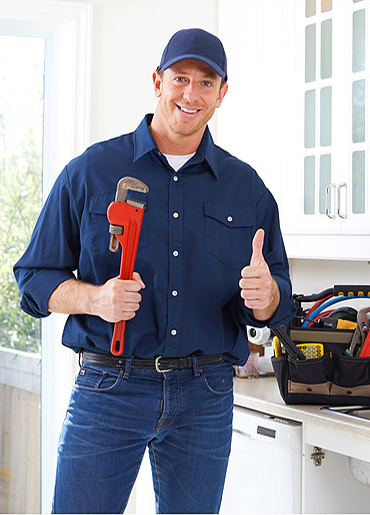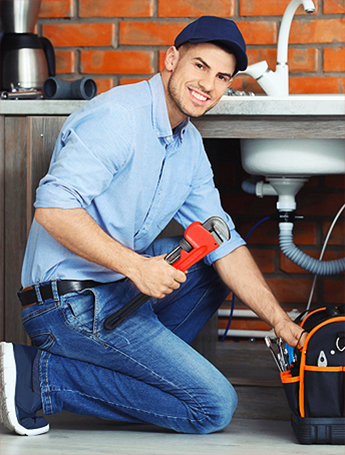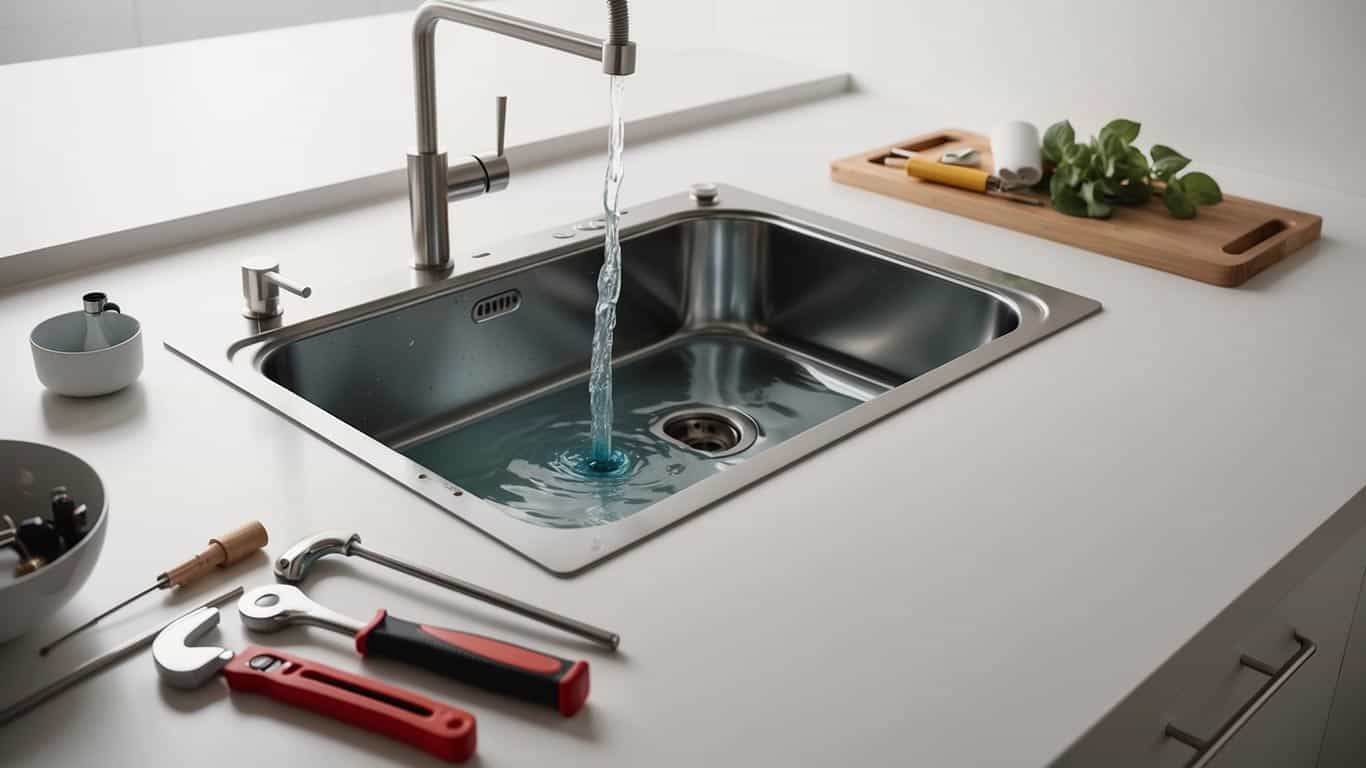
Slab Leaks 101: How Serious Are They and What Should You Do?
Introduction
When it comes to home maintenance, slab leaks are often an overlooked but critical issue. Most homeowners may not even be aware of what a slab leak is until they encounter the problems it brings along. In this extensive guide, "Slab Leaks 101: How Serious Are They and What Should You Do?", we will explore the ins and outs of slab leaks, their causes, signs, consequences, and most importantly, how to handle them effectively.
Slab leaks can lead to severe structural damage if left untreated. Let’s dive deep into understanding these leaks so you’ll be well-equipped to tackle any situation that arises.
Slab Leaks 101: How Serious Are They and What Should You Do?
What Exactly Is a Slab Leak?

A slab leak refers to a water leak that occurs under the concrete foundation of your home. This can happen in both residential and commercial buildings. The term “slab” comes from the concrete slab that forms the base of your structure, which is where the plumbing pipes often run.
Causes of Slab Leaks
Understanding what causes slab leaks is crucial for prevention and mitigation. Here are some common culprits:
- Corrosion: Over time, pipes can corrode due to chemical reactions with the water or surrounding soil.
- Poor Installation: If plumbing systems aren't installed correctly, they may develop leaks sooner than expected.
- Ground Shifting: Natural shifts in soil or ground movements can put pressure on pipes, leading to cracks.
- High Water Pressure: Excessive pressure can stress plumbing systems beyond their limits.
Signs You Might Have a Slab Leak
How do you know if you're facing a slab leak? Here are some signs that might indicate a problem:
The Dangers of Ignoring Slab Leaks
Ignoring a slab leak can lead to significant issues over time:
Structural Damage
Water can erode the foundation of your home leading to serious structural integrity issues.

Mold Infestation
Excess moisture creates an ideal environment for mold growth that can pose health risks for you and your family.
Increased Repair Costs
The longer you wait to address a slab leak, the more expensive repairs become as damage compounds over time.
Water Leak Detection Techniques
Detecting a slab leak early on is essential for effective repair. Here are some commonly used techniques by professionals:
Visual Inspection
Sometimes just looking around can provide clues—check for wet spots or cracks in walls and floors.
Water Meter Test
Turn off all faucets and check your water meter; if it still runs, you likely have a leak somewhere.
Thermal Imaging
This advanced technology uses infrared cameras to detect temperature differences that indicate leaks.
Acoustic Detection
Specialist equipment listens for sounds of leaking water within walls or under slabs.
Finding Local Help: Slab Leak Repair Near Me
When dealing with slab leaks, it's essential to work with professionals who specialize in this area. Searching for "slab leak repair near me" will yield local experts trained specifically in identifying and fixing these issues efficiently.
Make sure they offer services like:
- Water Leak Detection
- Foundation Leak Repair
- Emergency Plumbing Services
Always look for companies with strong reviews and testimonials from previous customers!
Emergency Responses for Slab Leaks
If you suspect you're dealing with a slab leak:
FAQ Section
1. How can I tell if my house has a slab leak?
You might notice increased water bills, unexplained dampness on floors or walls, or even mold growth around your home.
2. Who do I call for slab leak repair?
You should contact a licensed plumber experienced in water leak detection and foundation repair services.
3. Can I fix a slab leak myself?
While small issues may seem manageable, it's highly recommended to consult with professionals as DIY repairs could worsen the problem.
4. What does slab leak repair typically cost?
Repair costs vary based on the extent of the damage but generally range from $500 to several thousand dollars depending on various factors including location and labor rates.
5. Will my homeowner's insurance cover slab leaks?
Most homeowners insurance policies do cover sudden damages caused by plumbing failures; however, checking with your specific policy is crucial.
6. How often should I have my plumbing inspected?
It’s advisable to have professional inspections every couple of years or sooner if you notice any signs of leakage.
Conclusion
In conclusion, understanding "Slab Leaks 101: How Serious Are They and What Should You Do?" equips homeowners with vital knowledge necessary for addressing potential issues before they escalate into costly repairs or hazardous conditions within their homes. From identifying signs early on through proper inspection techniques to knowing when it's time to call an emergency plumber—awareness is key! Always remember that prevention is better than cure when it comes to maintaining both your home's value and safety!

By staying informed about potential problems like slab leaks—and knowing how best to respond—you’ll ensure peace of mind while Boerne plumbing safeguarding one of your most significant investments—your home!